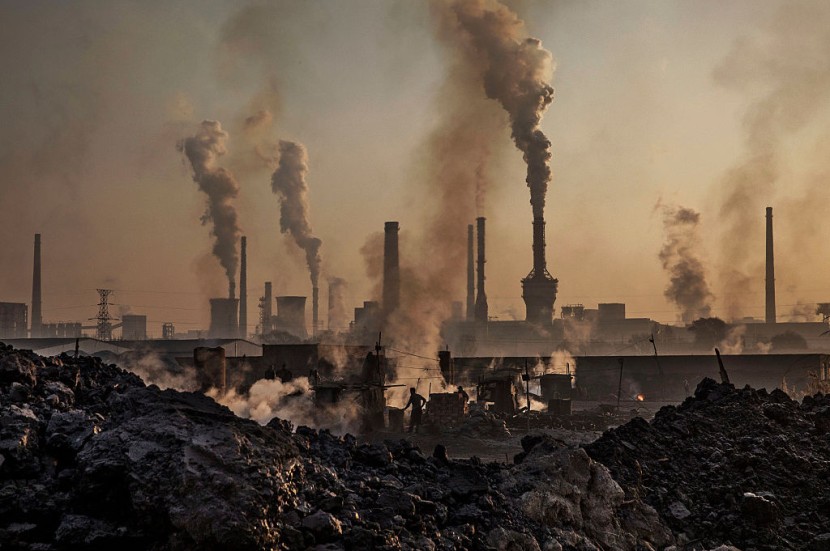In 2023, Earth marked its warmest year ever recorded, paving the way for heightened levels of danger in 2024.

Per Politico, The European Union's Copernicus Climate Change Service [C3S] confirmed a milestone Tuesday that scientists had long predicted: 2023's average global temperature surpassed the previous peak set in 2016, and reached the highest mark since record-keeping began in 1880.
Even more alarmingly, as revealed by Politico, the rapid rise in temperature poses a serious threat to the ambitious target set by nations worldwide in the Paris climate agreement over eight years ago: to limit Earth's warming since pre-industrial times to 1.5 degrees Celsius. With last year's peak, the world briefly crept towards a warming of 1.48 degrees, dangerously close to surpassing this crucial threshold.
Extreme heat is fueled by the climate crisis, the chief driver of which is the burning of fossil fuels.
Samantha Burgess, deputy director of C3S, said in a statement Tuesday that 2023 was "an exceptional year with climate records tumbling like dominoes," reported CNBC.
CNBC also reported that scientists at C3S said 2023 was the first time on record that every day within a year surpassed 1 degree Celsius above the preindustrial reference period of 1850 to 1900, while nearly 50% of days were over 1.5 degrees Celsius.
According to The Associated Press, January 2024 is on track to be so warm that for the first time, a 12-month period will exceed the 1.5-degree threshold.
The 1.5-degree goal "has to be (kept) alive because lives are at risk and choices have to be made," Burgess told AP. "And these choices don't impact you and I but they impact our children and our grandchildren."
The AP continued to report that last year's record-breaking heat brought about misery and at times, proved fatal in Europe, North America, China, and other various locations globally. Scientists attribute a warming climate to the rise in extreme weather events, such as the prolonged drought that ravaged the Horn of Africa, the devastating torrential downpours that wiped out dams and killed thousands in Libya, and the extensive wildfires in Canada that polluted the air across North America and Europe.
What Is Next?
For the first time, nations meeting for annual United Nations climate talks in December agreed that the world needs to transition away from the fossil fuels that are causing climate change, but they set no concrete requirements to do so.
Meinshausen, the Australian climate scientist, said it's natural for the public to wonder whether the 1.5-degree target is lost. He said it's important for people to keep trying to rein in warming.
"We are not abolishing a speed limit, because somebody exceeded the speed limit," he said. "We double our efforts to step on the brakes."
© 2025 HNGN, All rights reserved. Do not reproduce without permission.









